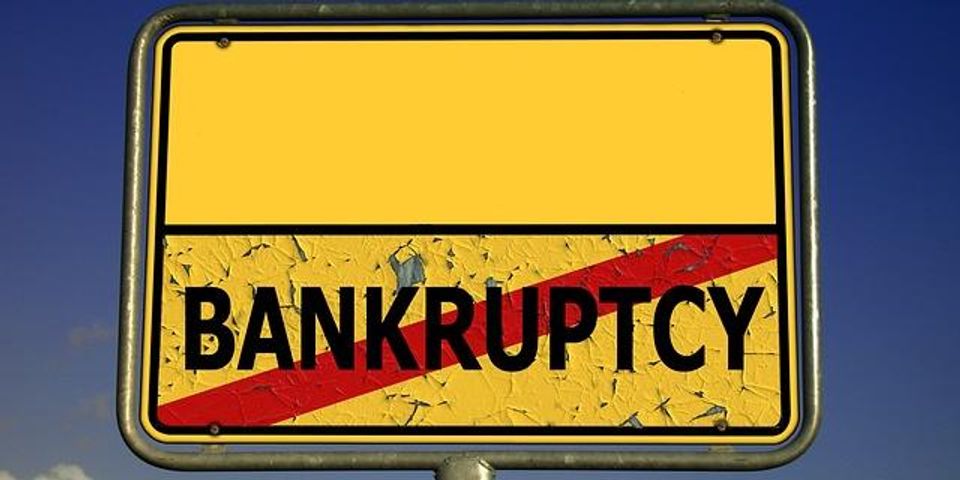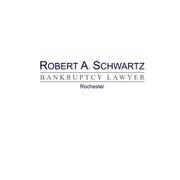Business Bankruptcy: What Are the Options When Your Company Is in the Red?

Running a company that spends more money than it earns can be incredibly stressful. When a business declares bankruptcy, it affects not just the owner and his or her family, but all the employees and their families. If your company is falling further and further into debt and you don’t know where to turn, Robert A. Schwartz of Rochester, NY can help.
There are three types of bankruptcy that businesses can file: Chapter 7, Chapter 11, or Chapter 13. The type of business and it's ultimate financial goals will determine which one is right:
- Chapter 7 Bankruptcy: Chapter 7 is available to both individuals and entities like Corporations or LLC's. If a business files for Chapter 7 bankruptcy, that means it is entirely insolvent, and it must stop all operations and go out of business. A trustee then liquidates the company’s assets and uses the proceeds to cover legal and administrative fees before paying off whatever debts they can. If there are any funds left over, there is a hierarchy of stakeholders that determines who gets what.

- Chapter 11 Bankruptcy: A company can file Chapter 11 when the owners want to stay in business by reorganizing their debt in an attempt to become profitable again. Chapter 11 is a complicated, expensive process which is overseen by the United States Trustee. Regular financial statement and reports must be submitted to the Trustees office for review so they can confirm that the plan of reorganization is being followed.
- Chapter 13 Bankruptcy: Business owners who operate sole proprietorships also have the option of filing Chapter 13, which is another restructuring option. It’s important to keep in mind that only individuals can file Chapter 13, and it is not an option for limited liability companies or corporations.
If your Rochester company is in trouble and you need bankruptcy assistance, Robert A. Schwartz can help. Call him today at (585) 334-4270 to schedule an initial consultation or visit the website.
About the Business
BUSINESS
Real Estate Attorney
Robert A. Schwartz
2468 E Henrietta Rd, Rochester, NY 14623
Have a question? Ask the experts!
Send your question

